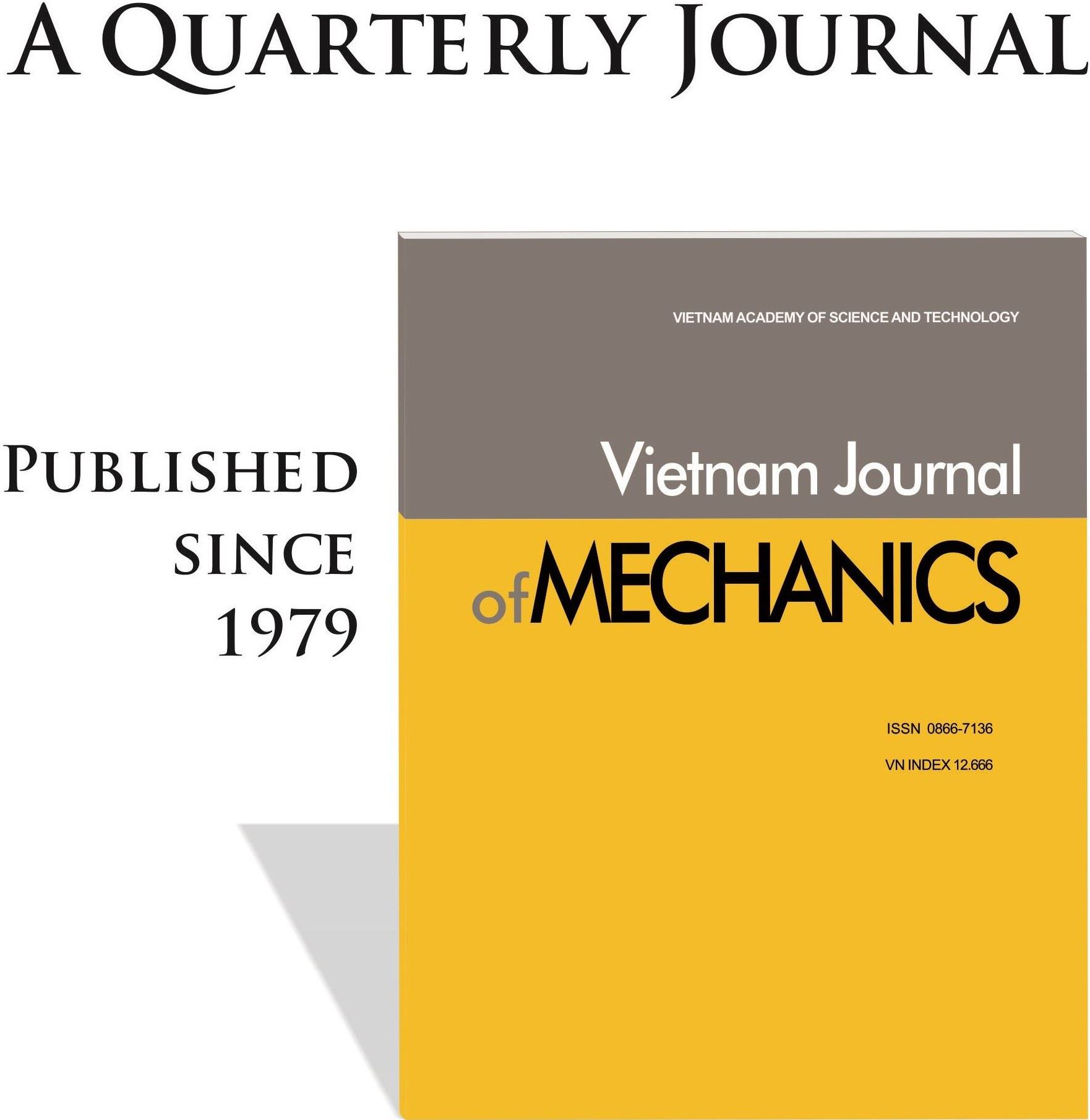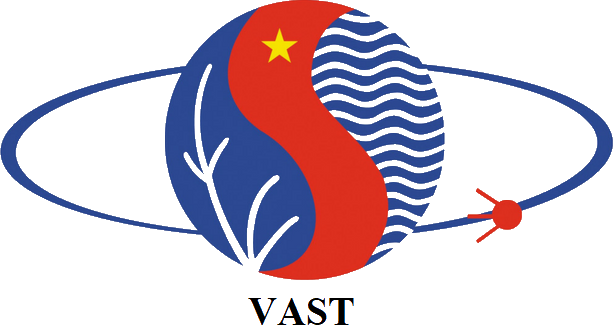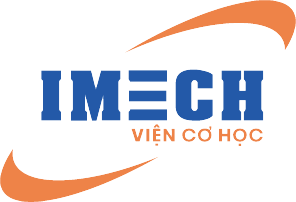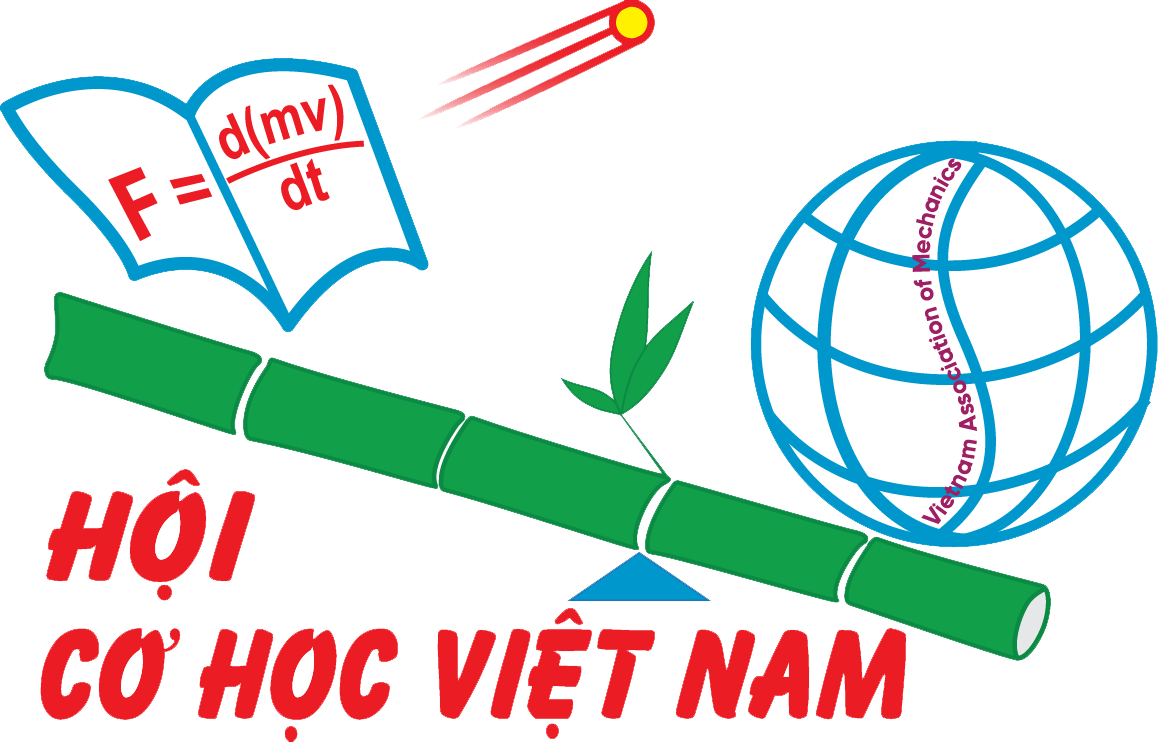Summer School and Research Group "Non-Smooth Mechanics"
VIASM, Hanoi, 08-18 June, 2015
Summer School
The objective of this summer school is to present some recent developments in the thermo-mechanical modeling of materials and structures. New mathematical and numerical approaches are discussed and illustrated by various applications in the framework of Plasticity and Fracture. The technical program of the Summer School consists of two master courses which are presently offered in the Master Multiscales and Multiphysics Modeling of Materials and Structures of the Ecole Polytechnique, Paris, France. This summer school is addressed mainly for PhD students, researchers and engineers working in Mechanics, Applied Mathematics and Civil Engineering.
Program
1. Variational Methods in Damage Mechanics
by Marigo, Jean-Jacques
Professor, Dept. Mechanics et Laboratoire de Mecanique des Solides
Ecole Polytechnique
91128 Palaiseau cedex, France
Email: marigo@lms.polytechnique.fr
The goal of this course is to give a modern presentation of the mathematical theory of damage completed by various applications. Specifically, the course can be divided into three main parts:
Part I: General framework for developing damage models
This part will begin by a presentation of the physical aspects of damage in order to establish the basic ingredients required to model them at a macroscopic level. We do not intend to develop a full micromechanical approach. However, the main microstructural mechanisms of damage will be highlighted and a multi-scale approach will be used to make a link between damage and fracture.
Part II: Qualitative analysis of the evolution problem of damage
This part will be devoted to the mathematical study of the governing equations for the evolution of damage. In particular, we will emphasize the theoretical merits of the variational approach which allows to introduce in a natural and rational way the fundamental concepts of bifurcation and stability. We will show in particular that, in presence of softening, the classical approaches based on the equilibrium equations and the constitutive evolution laws are not sufficient to lead to well-posed problems while the introduction of stability conditions allows to rule out unphysical solutions. These concepts and their consequences will be illustrated by means of key examples.
Part III: Numerical implementation and various applications
In this last part various numerical methods will be presented and compared. Moreover, we will focus on the link between damage models and fracture mechanics. We will show how damage evolution can be used as a pre-cursor to crack propagation. Various numerical tests will illustrate the power of such an approach. The course is addressed to a broad public: graduate students, doctoral students, young researchers and practicing engineers. Since a major part of the course will be devoted to theoretical and numerical modelling, a sound mathematical basis is expected. No specific prerequisite relative to damage mechanics is required, but basic knowledge of continuum mechanics and of elasticity theory is recommended.
2. Nonlinear Methods for Materials and Structures
by Patrick Le Tallec
Professeur, Dept Mecanique et Laboratoire de Mécanique des Solides
Ecole Polytechnique
91128 Palaiseau cedex, France
Email: patrick.letallec@polytechnique.edu
Nonlinear treatments are required in computational structural and material mechanics because of
i) large deformation of the underlying structure,
ii) nonlinear constitutive law of the material under study,
iii) strong thermo-mechanical coupling.
The course will address such nonlinear behavior and propose numerical techniques for their modeling and understanding. It is therefore concerned with the derivation of large strains constitutive laws and with the development of their numerical solution in a thermodynamically consistent framework. The presentation will be focused on Eulerian formulations of viscous or elastic-plastic constitutive laws to be used in industrial codes, but the underlying lagrangian formulation will always stay present. A special attention will be given to energy conservation and to entropy production and to the derivation of rate dependent constitutive laws. The numerical integration, solution and stability analysis of the resulting time evolution problem will also be addressed.
Synopsis:
- Evolution problems in large strains elastoviscoplasticity
- Conservation properties and numerical analysis and of the time evolution problem
- Finite Element Discretisation
- Linearisation and stability analysis
Research Group
The research group Non-Smooth Mechanics consists of short lectures and discussions on the Mathematics Modeling in Mechanics. The principal topics of the group include the static or dynamic modeling of solids in relation with Convex Analysis, Variational Methods and Optimization and with the theory of Plasticity, Damage and the constitutive modeling of Shape Memory Alloys. The objective of the Research Group is to complete the Summer School by further discussions and to encourage exchanges and collaborations among the participants. It is expected that a fruitful scientific research is started with researchers and PhD-students. The organization of the group is in particular ensured by
- Nguyen Quoc Son, Directeur de Recherche, Laboratoire de Mécanique des Solides, Ecole Polytechnique, son@lms.polytechnique.fr
- Michel Frémond, Professeur, University Tor Vergati, Roma 2, Italy. michel.fremond@uniroma2.it
- Kim Pham, Maitre de Conférences, Ecole Nationale des Techniques Avancées (ENSTA), Paris
- and by invited scientists from various Universities and Research Centers, in particular from the Vien Co Hoc (Institute of Mechanics), Hanoi.





